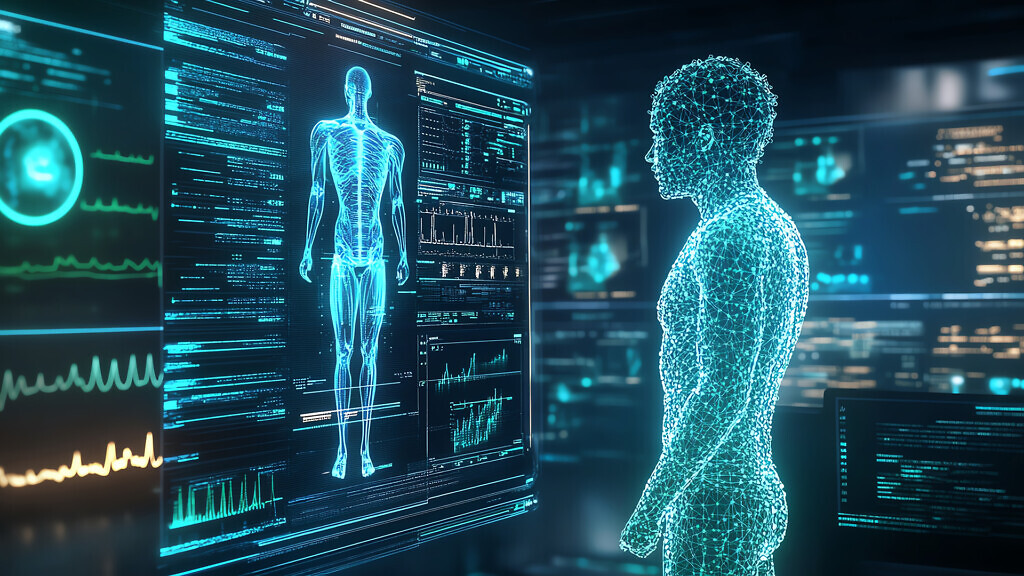The Medicines and Healthcare Products Regulatory Agency has picked five technologies for its AI Airlock scheme as part of a plan to speed up regulation.
Britain’s Medicines and Healthcare Products Regulatory Agency (MHRA), an executive agency of the Department of Health and Social Care, has selected five technologies for its AI Airlock scheme, a regulatory sandbox for medical device AI projects launched in May this year.
The agency hopes that these devices will improve the diagnosis and care of patients. Those selected for the pilot include medical devices for cancer and chronic respiratory disease patients as well as those requiring radiology diagnostic services.
“New AI medical devices have the potential to increase the accuracy of healthcare decisions, save time and improve efficiency, leading to better outcomes for the NHS and patients across all healthcare settings,” says Laura Squire, medtech regulatory reform lead and chief officer at the MHRA.
“But we need to be confident that AI-powered medical devices introduced into the NHS are safe, and stay safe and perform as intended through their lifetime of use,” she continues.

Five technologies
The first technology uses AI to target at-risk patients with the lung disease Chronic Obstructive Pulmonary Disease (COPD). A medical device, developed by Edinburgh-based Lenus Health, uses AI to analyse health data and predict serious outcomes from COPD, such as the risk of hospital admission. This could allow multi-disciplinary care teams to intervene earlier, adjust treatment plans and significantly reduce the multiple hospital admissions that are unpleasant for patients and costly for the NHS.
The second uses large language models (LLMs) to improve the efficiency and accuracy of radiology reporting. The healthcare arm of Dutch conglomerate Philips aims to improve the workflow for radiologists by integrating AI into its existing systems. By automatically summarising this section using AI, the company wants to reduce administrative loads, errors, omissions, and miscommunications.
The third technology uses AI performance monitoring platforms in hospitals. Part of an AI platform developed by enterprise-wide AI hospital platform Newton’s Tree it helps hospitals, AI developers and regulators monitor AI performance in real time. This approach identifies and allows issues like drift to be resolved early, preventing potential risks and ensuring AI applications remain reliable.
The next technology uses AI to improve the efficiency of cancer care. London-based OncoFlow, an AI-powered search engine platform for oncology, uses AI to help healthcare professionals create personalised management plans for cancer patients. This has the potential to reduce waiting times for cancer appointments, leading to earlier treatment which in turn significantly increases the chances of survival. Initially, the company will focus on breast cancer patients due to the high number of cases and waiting times.
The final technology uses AI to assist clinician decision-making. SmartGuideline is an AI-powered medical device that allows clinicians to smart-search national guidelines with normal questions. It does this using a verified knowledge base with a specially trained LLM. This helps doctors give patients the safest and most reliable treatments by using the most accurate and up-to-date information.

Selection does not mean approval
Following an industry-wide call for applications in the autumn, eligible candidates were required to demonstrate that their AI-powered medical device has the potential to deliver benefits to patients and therefore the NHS.
“By examining the technologies announced today in a safe setting, in partnership with technology specialists, developers and the NHS, we can test and improve the rules for AI-powered medical devices, helping get products like these to the hospitals and patients who need them sooner,” says Squire.
Being selected for AI Airlock does not constitute regulatory approval. The findings from the pilot, due to be announced next year, will inform future AI Airlock projects and influence future UK AI Medical Device guidance.
The collaborative project is led by the MHRA, in partnership with the NHS AI Lab and Team AB, the consortium of UK Approved Bodies. Also involved are subject matter experts across the healthcare sector, government and academia, the Information Commissioner’s Office and other regulators.



